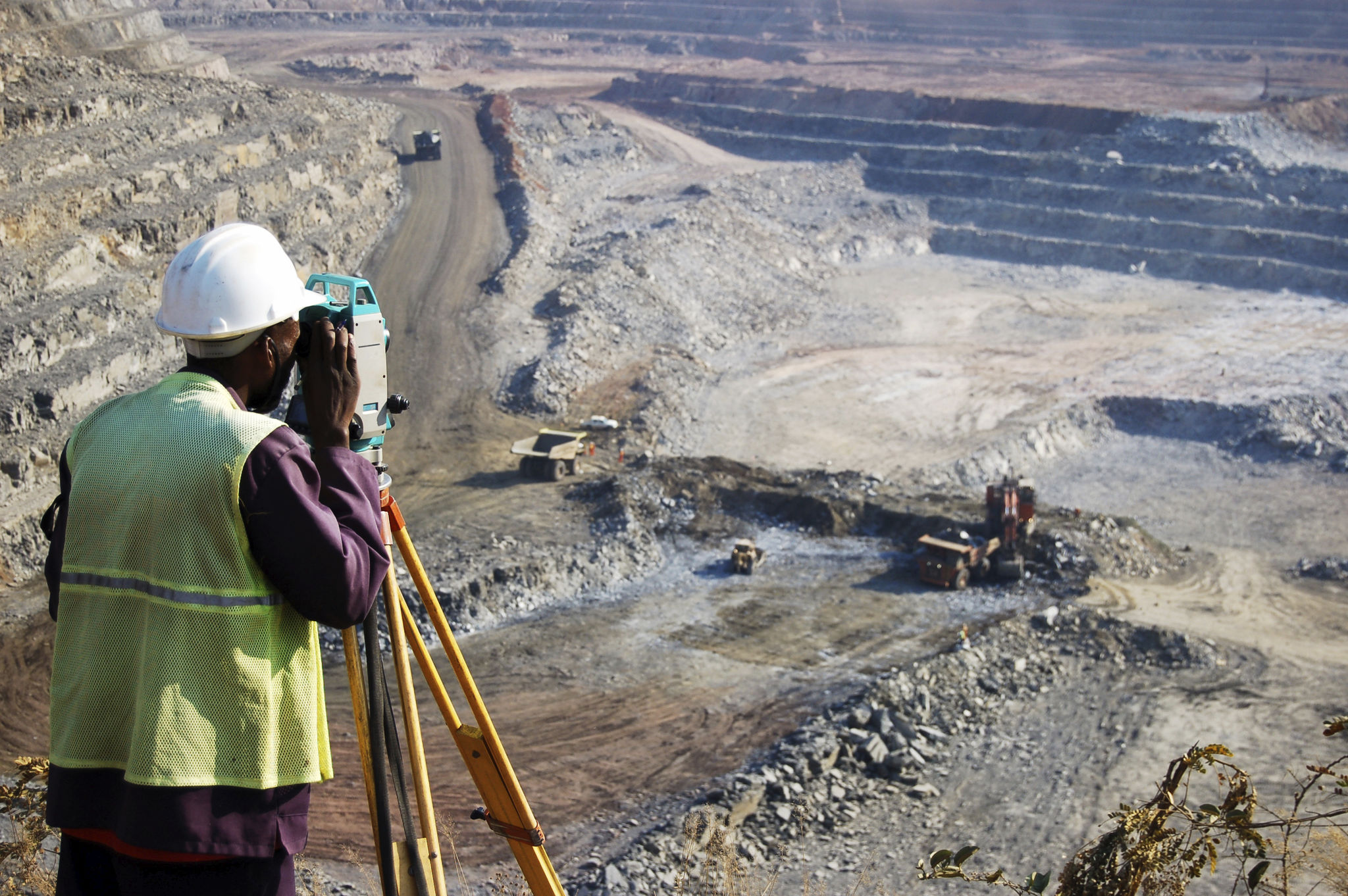Expert Insights: Navigating the Challenges of Mining in Zambia
Understanding the Mining Landscape in Zambia
Zambia is renowned for its rich mineral deposits, particularly copper, which has been a cornerstone of the nation's economy for decades. The mining sector in Zambia not only contributes significantly to the country's GDP but also plays a crucial role in employment and infrastructure development. However, navigating the complexities of mining in this region requires a deep understanding of both opportunities and challenges.

Economic Significance
The mining industry in Zambia is a major contributor to the national economy, providing substantial revenue through taxes and royalties. Copper mining, in particular, accounts for a large share of export earnings, making it vital for economic stability. As such, any fluctuations in global copper prices can have a significant impact on Zambia's financial health.
Investment in mining infrastructure has also spurred growth in related industries, such as transport and energy, creating a multiplier effect that benefits the broader economy. The government continues to seek foreign investment to further develop this sector, aiming to maximize its potential while ensuring sustainable growth.
Regulatory Framework
Operating within Zambia's mining sector requires compliance with a robust regulatory framework designed to balance economic interests with environmental and social considerations. Mining companies must adhere to strict environmental regulations to minimize their impact on local ecosystems. Additionally, laws governing labor practices ensure fair treatment and safety for workers.

The Zambian government actively engages with stakeholders to refine and update these regulations, fostering a collaborative environment where industry players can thrive while protecting community interests. Companies that demonstrate commitment to sustainable practices often find greater support and legitimacy among local populations.
Challenges and Opportunities
While the potential in Zambia's mining industry is immense, several challenges need addressing. These include fluctuating commodity prices, infrastructure limitations, and political changes that can affect regulatory consistency. Additionally, there is an ongoing need for technological innovation to improve efficiency and reduce environmental impacts.
However, these challenges also present opportunities for growth. By investing in modern technology and infrastructure improvements, companies can enhance productivity and sustainability. Furthermore, engaging with communities and fostering local talent through training programs can create a more skilled workforce, benefiting both the industry and local economies.

Sustainability and Community Engagement
Sustainability is at the forefront of modern mining practices in Zambia. Companies are increasingly adopting eco-friendly technologies and practices to minimize their carbon footprint. Water management, waste reduction, and land rehabilitation are key areas where mining firms can make a positive impact.
Community engagement is equally essential. By involving local populations in decision-making processes and supporting community development projects, mining companies can build trust and contribute to social well-being. Initiatives such as building schools, healthcare facilities, and infrastructure improvements are ways in which the industry can give back.
The Future of Mining in Zambia
The future of mining in Zambia looks promising as the country continues to harness its mineral wealth responsibly. With ongoing investments in technology and infrastructure, coupled with a commitment to sustainability and community engagement, Zambia's mining sector is poised for continued growth.
As global demand for minerals increases, particularly for green technologies reliant on metals like copper, Zambia's position as a leading mining nation is set to strengthen further. By navigating current challenges effectively, the country can ensure that its mining industry remains a vital engine of economic progress.
